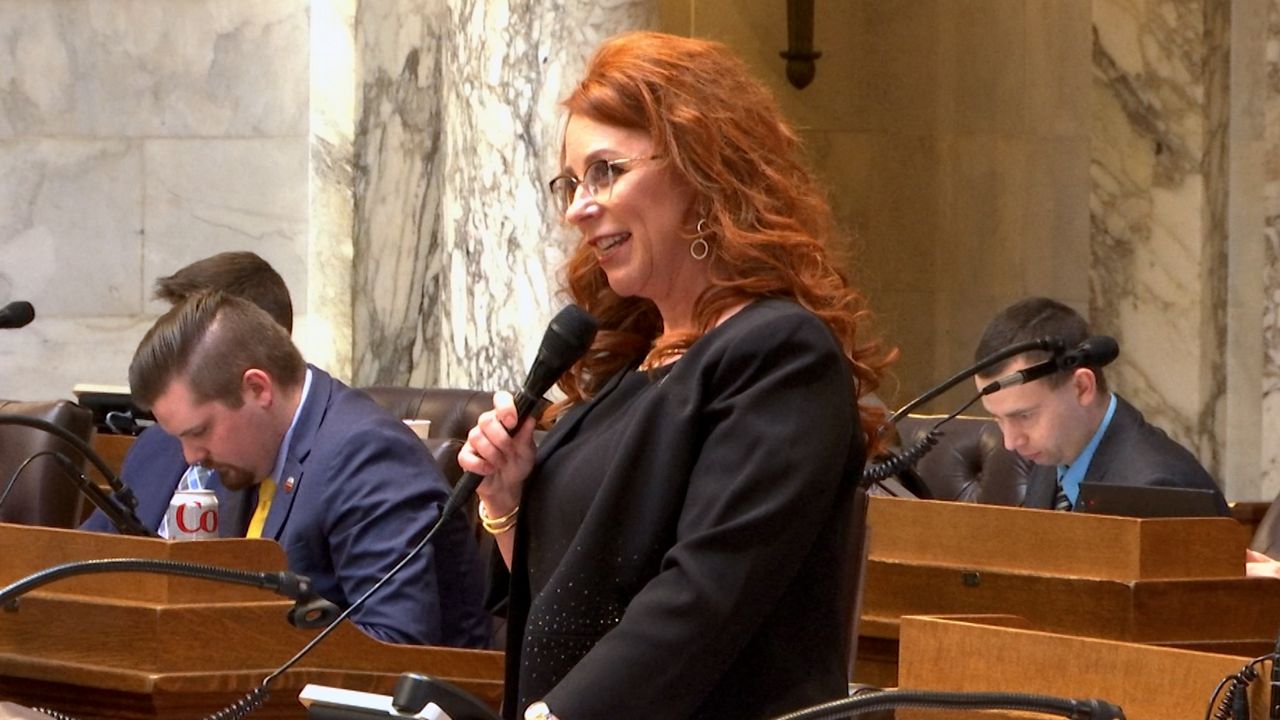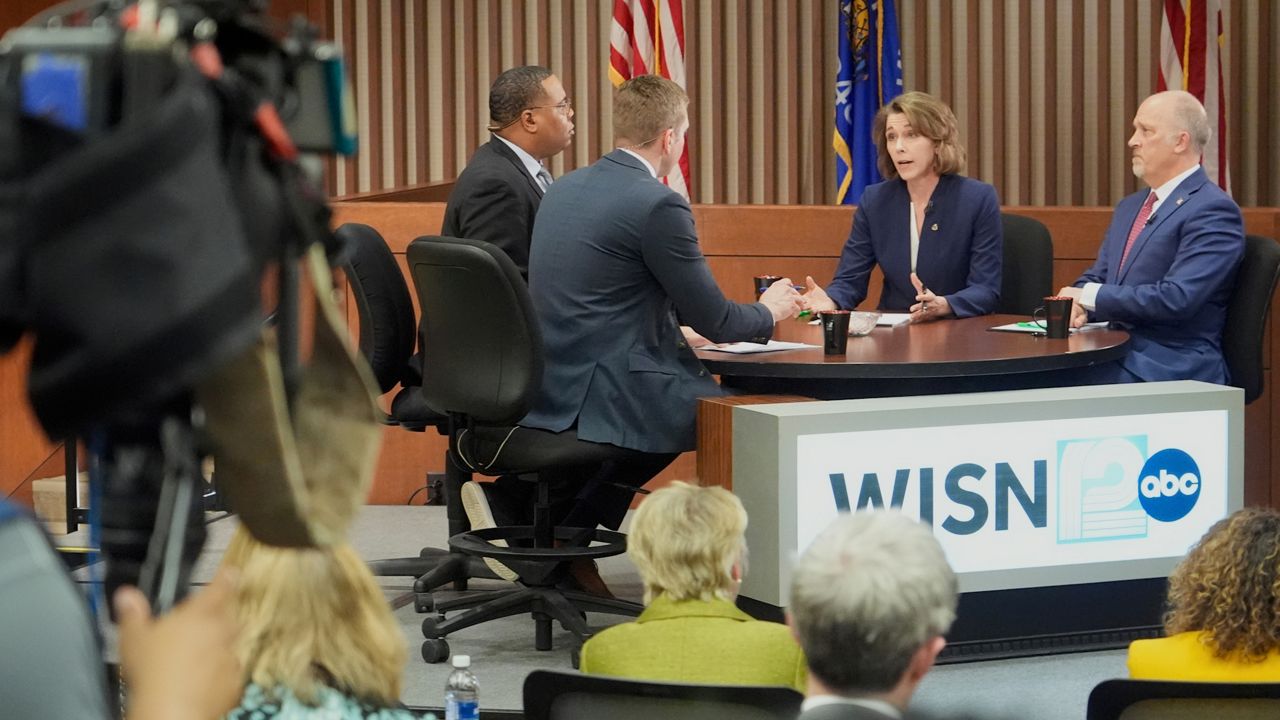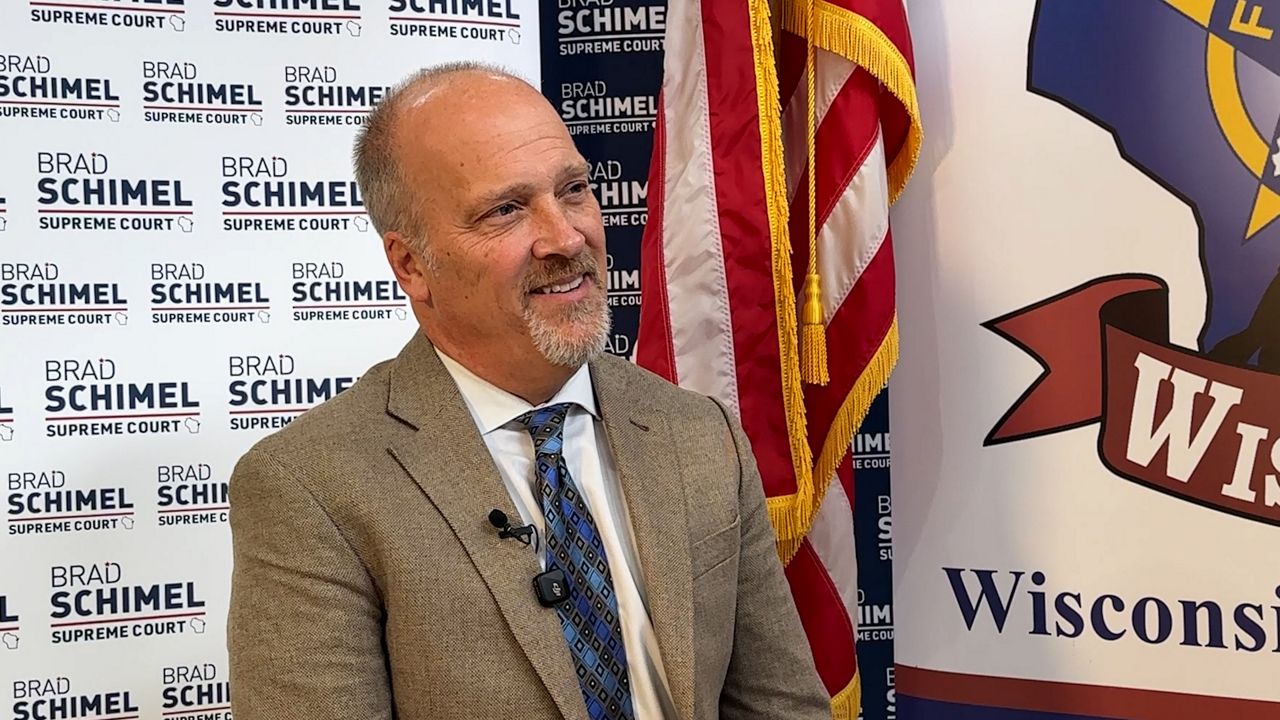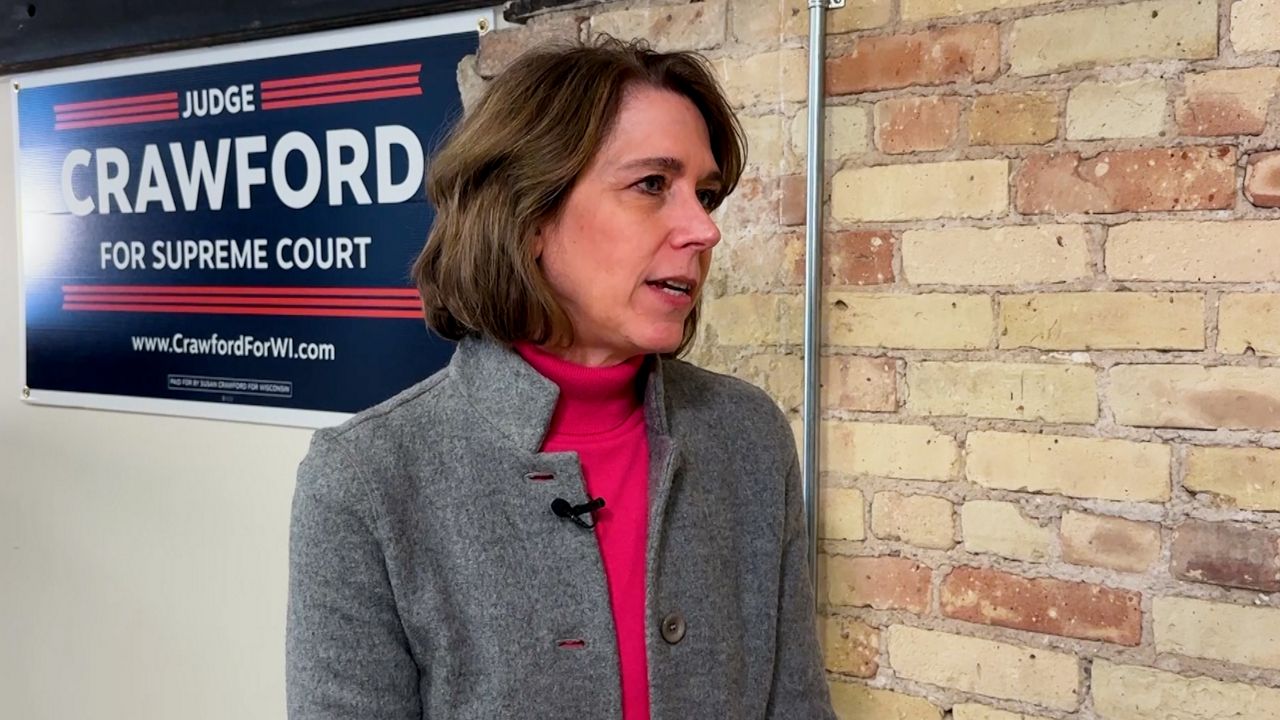MADISON, Wis. — As the floor period in Madison nears an end, state lawmakers spent part of Tuesday focused on bills that would scale back the power of Wisconsin’s governor.
Should a governor be prohibited from using their veto powers to create or increase a tax or fee? That’s the question Wisconsin Republicans want to ask voters as part of an effort to change the state’s constitution.
“Since statehood, Wisconsin has been led by a whopping 31 Republican governors compared to a modest 13 Democrat governors,” State Rep. Amanda Nedweski, R-Pleasant Prairie, told her colleagues on the floor.
Nedweski, the Republican author of the measure, asked for support from across the aisle before what turned out to be a 64-34 party-line vote with no debate or support from Democrats.

“Knowing that Wisconsin is a swing state, Mr. Speaker, I ask my colleagues to think what might the impact of the partial veto be by the next governor,” Nedweski added.
Back in July, Gov. Evers used his powerful line-item veto to rework the two-year budget passed by the Legislature and increase public school funding for the next 400 years.
Republicans said that move amounts to the executive branch rewriting the laws passed by the legislative branch, so they want to limit the power no matter who is in the East Wing.
“Personally, I would have opposed this action no matter who took it,” Nedweski explained. “The bottom line is the governor is not a legislator and should not be abusing the partial veto to act as a legislator.”

Meanwhile, in the State Senate, lawmakers voted 22-10 along party lines on another bill Tuesday that would strip governors of the power to fill vacancies for statewide offices, such as secretary of state, treasurer, attorney general, and state superintendent.
Under the proposal, if a vacancy were to happen during the first three years of a term, a special election would have to be held.
The governor would only be able to fill those positions if the official leaves after January 1 during an election year for that office, and Senate confirmation would be required, which currently isn’t needed.
The reason for that bill comes after longtime Secretary of State Doug LaFollette stepped down less than three months into his term.
Republicans wanted a special election, but Gov. Evers appointed former State Treasurer Sarah Godlewski instead.










